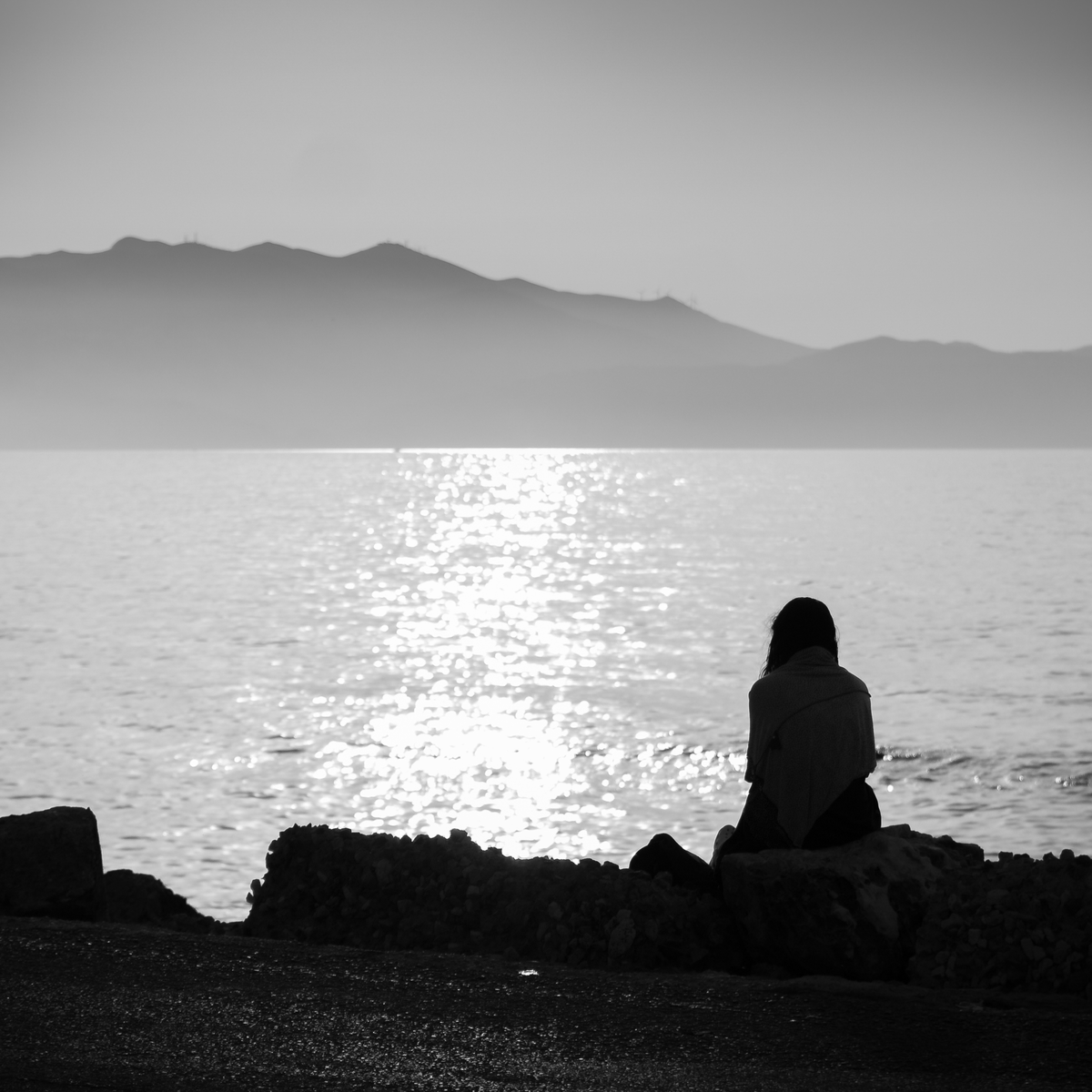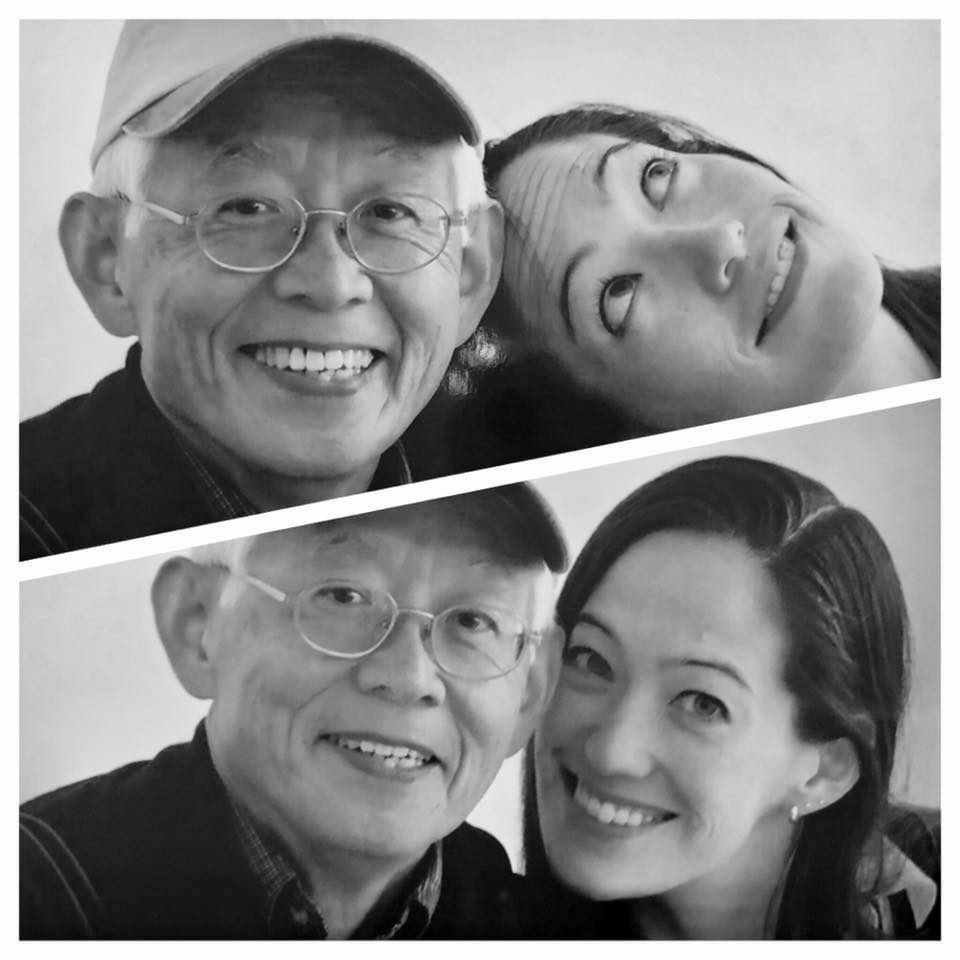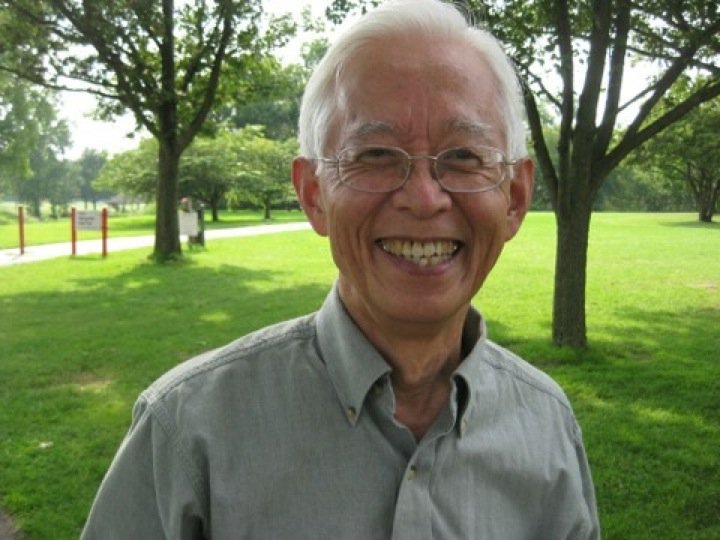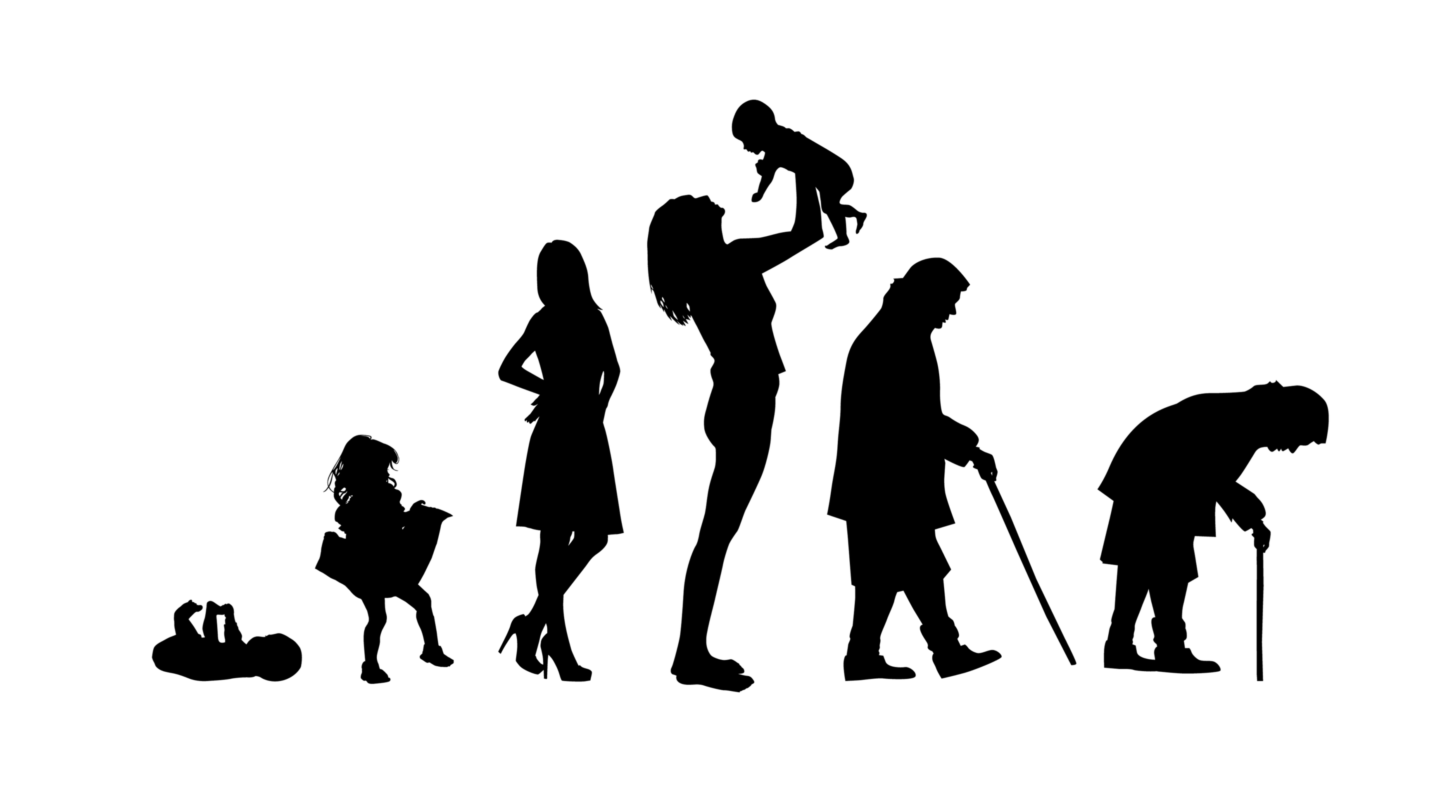
The trouble is, when a number—your age—becomes your identity, you’ve given away your power to choose your future.
Richard J. Leider
Today is my father’s 87th birthday.

Italy 2004 
Michigan 2010
He is a very vibrant and active 87 year old. He has an active mind, a fire in his belly, a passion for justice and a need to stay active. He’s a perpetual motion machine. I certainly hope I’ve inherited all of these genes!
He’s sported a full head of beautiful white hair for a couple of decades now but acts perennially younger. He’s maintained an eternal kernel of youthfulness that makes it hard to associate him with a number.
I haven’t seen him or my stepmother face-to-face for over a year but now that we are all fully vaccinated, we thought it was a great time for a visit.
There’s no doubt that the last year has taken a toll on us all. I can see it in them both, slowing down a step or two. Their speech and movements are a tick slower than they have been in the past. And this will undoubtedly continue as time passes.
All of this has me reflecting on the continuum of life, more specifically how my lessons and observations inform my care of loved ones as they age and my desired care as I eventually move into latter stages of life.

This is not to depress anyone. You know that my focus is on Youthful Living. But we can’t turn a blind eye to the continuum of life. We CAN look at it in the eye and then make decisions not to accept it sitting down.
I’ve often thought in America, we treat our elder seniors as though there are similarities between them and toddlers. Looking to the Asian model for elder care, there is a stark contrast to perspectives on aging in many ways. It seems that elders are often regarded as a burden in the States. In Japan, my sense is that elders are honored, respected, even revered for the depth and breadth of their life experience.
I look at the image above and don’t believe that we have to end up hunched over, crippled, immobile and infirm as time passes. That’s what Youthful Living really strikes at for me – building the foundation to carry as much “youthfulness” into our latter years as possible.
I want to be stick straight, statuesque, fit, able, and engaged as I progress along this continuum.
Strength
Drawing on experiences watching my grandparents age and now seeing my parents age, one of the first things that seems to initially impede independent and autonomous living is strength. This can show up in a number of areas. It might be stiffness getting out of a chair, loss of balance, or unsteadiness walking/standing. It might be as simple as opening a jar of pickles or as bad as being unable to get up from a fall.
Wherever it shows up, I firmly believe that this is solvable. It’s easiest to address if you don’t have to START to gain strength and add fitness but rather focus on maintaining it. However, if it’s a matter of starting, that’s possible too – just slightly more frustrating. My current focus with my father is to see if I can get him to commit to working on building strength. Fortunately my mother is already on the strength train. She gets it!
Functional Strength Training
Functional strength training is an awesome focus to remain youth-filled. I do it myself now. Can you get up out of a chair without using your upper body strength? Can you stand from sitting with one leg extended? It’s not a big deal if you can’t, but you can TRAIN to do this. Find a good trainer or go to a physical therapist and ask for functional strength training. This will focus on creating or maintaining strength for daily life activities.
Choice
Another thing that gets whittled away as we progress along the lifecycle is choice. This is often imposed by outside factors but can be internal as well. I can already see tendrils of this in myself. I am acutely aware that as my risk for injury increases I am less inclined towards an activity. I am trying to find a balance between doing fun new things and acknowledging that risking my well-being now has implications for my health later in life.
Should I learn how to shred with the kids at the skate park? Maybe not.
Often, motivated by the best of intentions, we tend towards prescribing or imposing “what’s best” for our elders. This battle of wills represents a loss of autonomy for them. We can be blind to that if we aren’t careful. Loss of choice is a loss of autonomy or “adultness” that can also mark a decline. Maintaining a sense of choice is critical to treating our aging elders with dignity. To the extent that we can provide choice (and honor it), it allows our loved ones to retain oversight to their own lives.
While I may believe, or even “know”, that strength training would be beneficial for my father – I have to remember that he is not a child. He is an independent, autonomous adult who still has the faculties to make decisions. So I can make a recommendation and then I have to let it go. Acknowledging that he has a CHOICE empowers him and keeps our relationship on solid ground.
Frame Decisions as Choices
As concerned loved ones, we can layout options. We can narrow down choices. We can make recommendations. But we shouldn’t force or make decisions when our elders are still able.
I’ve watched friends go through situations with very stubborn parents. But I also see them (the children) treat the parent like a child – dictating outcomes, forcing decisions to be made. It’s a gentle balance and it takes both time and patience. It’s always good to remember that aging can feel like a loss if we prematurely take away choice, decision, oversight and ultimately dignity from our elders.
Dignity
Honor, respect, dignity – these ideas come up a lot when you discuss elder care. Loss of strength, loss of choice, loss of independence – these can all chip away at an individual’s sense of dignity. And it is individual, have no doubt. For my father, any iota that pulls from his independence strikes at his sense of personal dignity. For my grandfather, it was needing someone to help lift him off the toilet, or get dressed, or shower in his latter years. For others, it may be needing hearing aids, reading glasses, a cane, or a wheelchair. As a person who has used reading glasses for the better part of my life, this isn’t a trigger for me. Not being able to dress myself, even temporarily due to injury, hits my dignity hard.
See? Personal.
Frame Dignity by Person
When we work WITH our elders for their care, we have to remember this will one day be us. We have to find ways to treat them with dignity and model how we hope the next generation will one day care for us. Take the time to find out how each individual regards their autonomy or what is wrapped up in their dignity. It’s pretty simple to find the line when you start talking to an elder. There is resistance or refusal to look at areas of their lives. This means you’ve stumbled into their dignity area.
One current topic of discussion with my father is if he needs help caring for my stepmother. He is adamantly opposed to it. This is wrapped up with his dignity – the ability to care for his partner independently. If I aggressively pursue in-home nursing care will harm our relationship, erode his dignity, and become a source of frustration for us both. So I shifted my tactic. Now we are working together to identify HOW to help him meet his goal of “independently caring for his partner” for as long as possible. This may involve creative solutions to prolong his ability – but being patient and taking time is the right approach for him. And it’s an evolution. In the perfect world, he will be able to decide when it’s time for different solutions.
These musings all fuel my pursuit of not aging passively. We have a lot of tools and options at our disposal. I am choosing to age differently. My mental model is the created by observing the strongest and most vibrant elders I see. I want to find creative solutions, ideally on MY terms, that allows me to be independent. I will CHOOSE to stop driving before someone tells me I can’t. I will CHOOSE to live in a single level home when I need it, before I find that a larger house is too much for me to manage. I will CHOOSE to farm out tasks to individuals if they become too much for me (as much as I will CHOOSE to maintain my strength to stave off these moments as much as possible). I will CHOOSE to ask for help over undertaking tasks which might result in harm to myself.
Reflecting on aging will (hopefully) help me walk this path thoughtfully and caring-ly with my elders and my future self.
Strength. Choice. Dignity.
Beautifully, thoughtfully spoken. A wonderful reminder to give what we desire to be met with ourselves. He is lucky to have you. ❤️